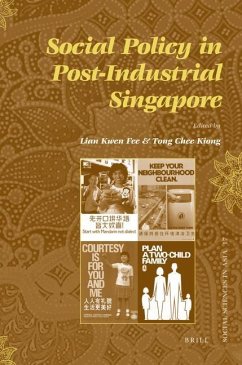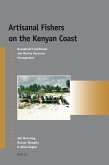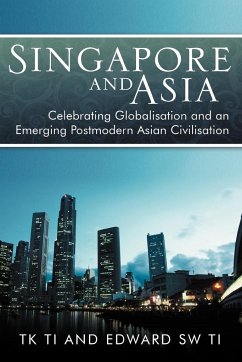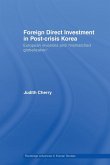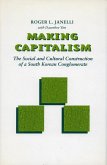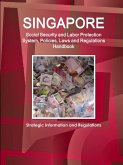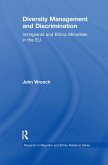Notwithstanding the lean years that followed 1986 and 1997, sustained economic growth since the late 1970s has propelled Singapore into the post-industrial age and reproduced the demographic and social structure of advanced western societies. The rapid shift to a knowledge-intensive economy requiring highly-skilled services has resulted in a 'two-speed' society consisting of a highly competitive but rewarding sector and a marginalized population that is increasingly at risk. Being avowedly anti-welfarist, the state for ideological reasons has resisted pressures to introduce a comprehensive welfare regime for its risk population, preferring to privilege its productive citizenry. Is Singapore a counter-factual to the convergence thesis, by preferring to put in place a social policy driven by the belief of its leaders that the more successful a society is the more it is able to care for those who fall behind?
Hinweis: Dieser Artikel kann nur an eine deutsche Lieferadresse ausgeliefert werden.
Hinweis: Dieser Artikel kann nur an eine deutsche Lieferadresse ausgeliefert werden.

